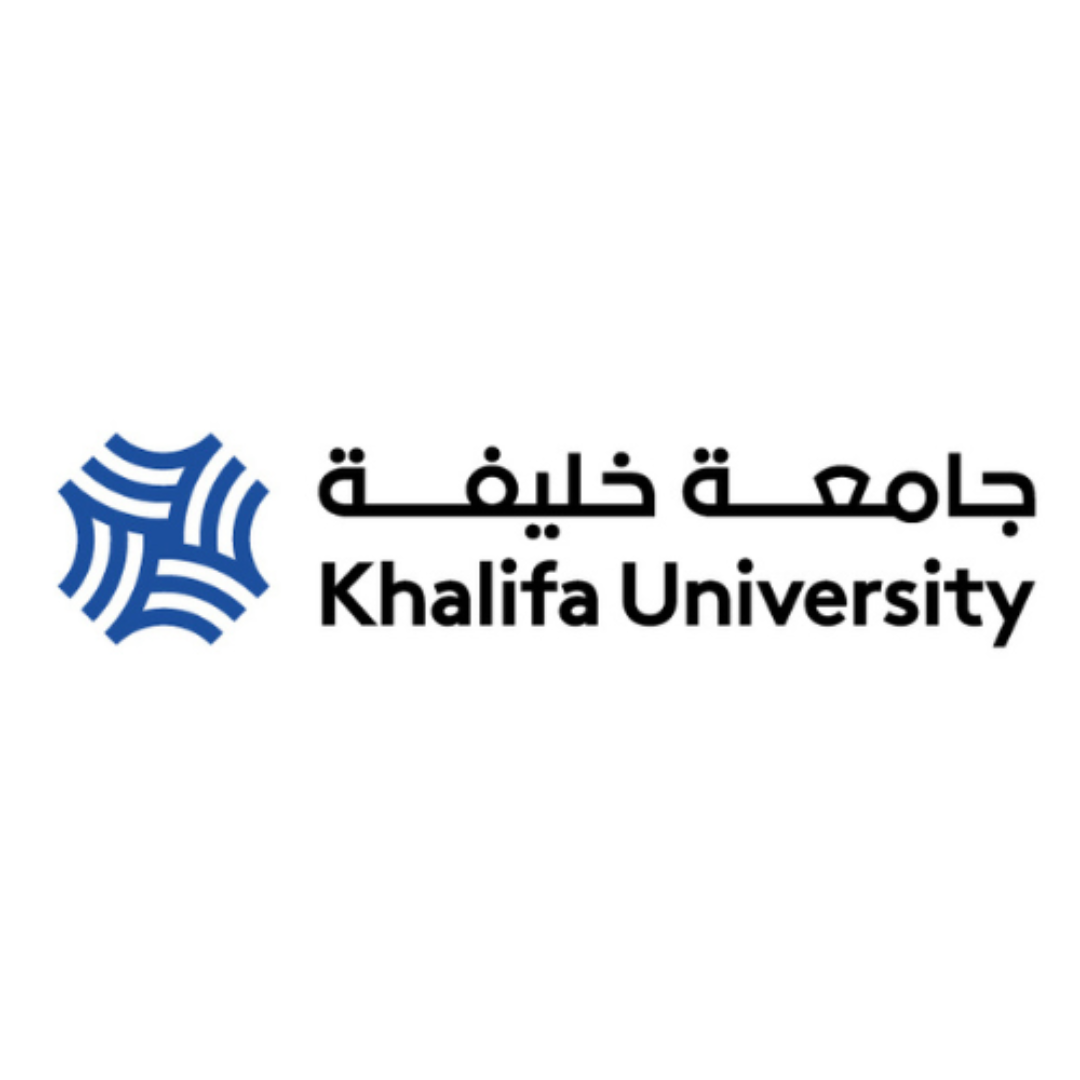📚About the Program
The Master of Science in Electrical Engineering offers in-depth training in the domains of electrical and electronics engineering. Students specialize either in Electronic Circuits and Systems (ECS) or in Communication and Information Technologies (CIT). The main focus lies on the analysis, design, fabrication and testing of smart devices, circuits and systems for communication, sensing and localization, deployed in communication systems (5G and beyond), extended reality (XR) applications, and the Internet-of-Everything (IoE).
An electrical engineer shapes the strong evolution towards a ‘smart’ environment consisting of interconnected devices that exchange information through wired or wireless communication. Some pertinent applications include virtual education, remote surgery, human-centric 6G communication, highly digitized smart cities, industry 5.0, smart grids 2.0, connected robotics and intelligent transportation systems. By concentrating on analogue and digital systems, and on communication networks, treating both hardware and software aspects but with a clear focus on electronic components and systems, and designing at the circuit and system level, the Master of Science in Electrical Engineering is the only programme that covers all hardware aspects of such smart devices and systems.
Moreover, when specialising in Communication and Information Technologies (CIT), you will gain thorough insight in the algorithms that control their sensing, localization and communication functionality. Both on an individual basis and as part of a team, you are capable of efficiently and methodically developing complex electronic (communications) systems for a broad field of applications, starting from the conception and analysis over the design, implementation, testing and up to the management of such systems. Your designs are based on a firm theoretical foundation and technological knowledge. They are conceived by exploiting state-of-the-art computer-aided design tools. Given the acquired research attitudes and competences, you drive creative or innovative (r)evolutions in industry and in academic research. Moreover, this programme provides a broad non-specialist knowledge in other engineering disciplines and in several economical, legal, deontological, ecological, and societal aspects. On top of a sound theoretical base, every year of the programme includes practical projects that gradually enhance your skills in effective teamwork and in acting as skilled team leaders in an industrial research environment.
Show less











